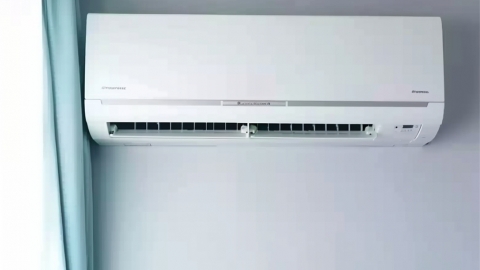Does prolonged exposure to air conditioning cause dampness in the body?
Generally speaking, whether long-term exposure to air conditioning leads to dampness accumulation in the body depends on specific circumstances. Reasonable control of air conditioning usage time and temperature typically does not cause excessive dampness; however, prolonged exposure to excessively low temperatures from air conditioning may lead to dampness accumulation. Detailed analysis is as follows:

If air conditioning is used reasonably, such as maintaining a temperature around 26°C, avoiding prolonged continuous use, and ensuring regular ventilation by opening windows to allow indoor air circulation, the cold stimulation caused by the air conditioner will be limited and generally will not interfere with normal body metabolism or lead to dampness accumulation.
However, when exposed to excessively low temperatures from air conditioning over a long period, cold pathogens may easily enter the body, impairing the yang energy of the spleen and stomach, weakening the spleen's function of transforming and transporting water, and resulting in an inability to properly eliminate excess water and dampness. This may lead to symptoms of dampness accumulation, often accompanied by heaviness in the limbs, thick and greasy tongue coating, and sticky bowel movements.
To avoid dampness-related issues caused by long-term air conditioning use, it is recommended to set the air conditioner to a suitable temperature, avoiding excessively low settings; periodically turn off the air conditioner, open windows for ventilation, and maintain fresh indoor air.






